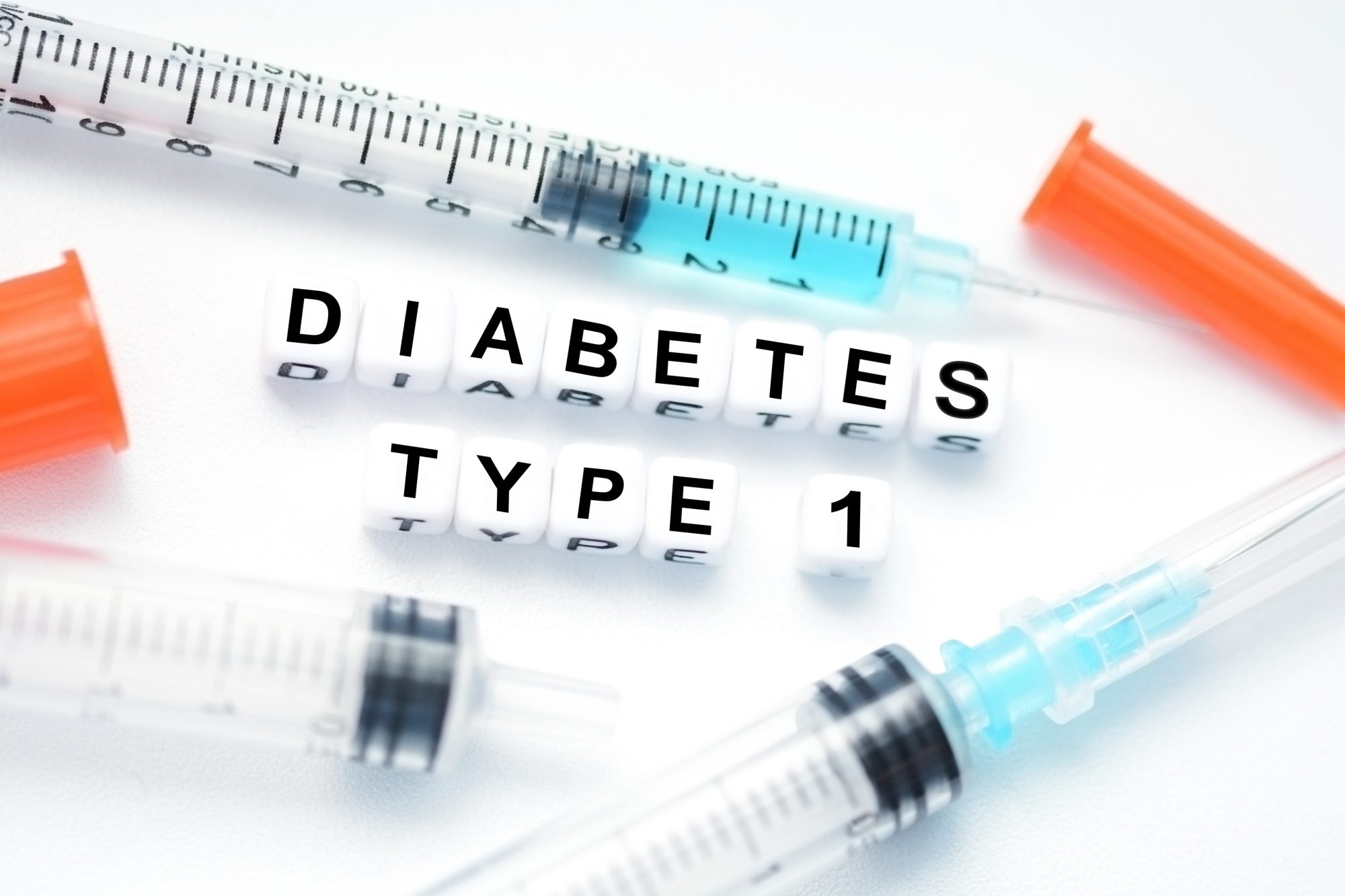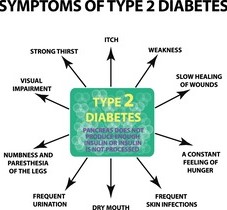
Understanding Type 1 Diabetes and Exploring Potential Treatments
Introduction:Type 1 diabetes is a chronic autoimmune condition that affects millions of people worldwide. While there isn't a definitive cure yet, significant advancements in medical research and technology have led to improved management and quality of life for individuals living with this condition. In this blog post, we'll delve into what type 1 diabetes is, its causes, and the current state of treatments and potential future cures.
What is Type 1 Diabetes?Type 1 diabetes, often referred to as juvenile diabetes or insulin-dependent diabetes, is a condition where the immune system mistakenly attacks and destroys the insulin-producing beta cells in the pancreas. Insulin is a hormone crucial for regulating blood sugar levels and enabling cells to absorb glucose for energy. Without enough insulin, blood sugar levels can rise to dangerous levels, leading to various health complications.
Causes:The exact cause of type 1 diabetes is not entirely understood, but it is believed to involve a combination of genetic and environmental factors. Researchers think that certain genetic predispositions can make an individual more susceptible to the autoimmune response that targets the beta cells. Viral infections and other environmental triggers might also contribute to the development of the condition.
Symptoms:Common symptoms of type 1 diabetes include excessive thirst, frequent urination, unexplained weight loss, fatigue, increased hunger, and blurred vision. These symptoms develop rapidly and can lead to a life-threatening condition called diabetic ketoacidosis (DKA) if left untreated.
Management:Managing type 1 diabetes involves a combination of insulin therapy, blood sugar monitoring, healthy eating, and regular physical activity. Individuals with type 1 diabetes must carefully balance their insulin intake with their food consumption and activity levels to keep blood sugar levels within a healthy range. Continuous glucose monitoring (CGM) systems and insulin pumps have revolutionized diabetes management by providing real-time data and more precise insulin delivery.
Treatments and Research:While there isn't a definitive cure for type 1 diabetes, ongoing research is exploring various avenues for potential treatments and therapies to improve the lives of those affected:
1. Beta Cell Transplantation:Transplanting healthy beta cells into the pancreas can restore insulin production. However, this approach requires immunosuppression to prevent rejection, which comes with its own set of challenges.
2. Stem Cell Therapy:Researchers are investigating the use of stem cells to generate insulin-producing beta cells. This approach has shown promise, but there are still technical and safety hurdles to overcome.
3. Immunotherapy:Some trials are focused on modulating the immune system to prevent it from attacking beta cells. These therapies aim to halt or slow down the autoimmune process.
Artificial Pancreas:This technology combines CGM with an insulin pump to automate insulin delivery based on real-time glucose readings. While not a cure, it significantly improves glucose control and reduces the risk of complications.
Conclusion:Type 1 diabetes is a challenging condition that requires careful management and monitoring. While there is no definitive cure yet, the advancements in medical research and technology offer hope for improved treatments and perhaps even a future cure. As research continues, it's crucial to stay informed, support diabetes advocacy organizations, and maintain a healthy lifestyle to manage the condition effectively and enhance overall well-being.



